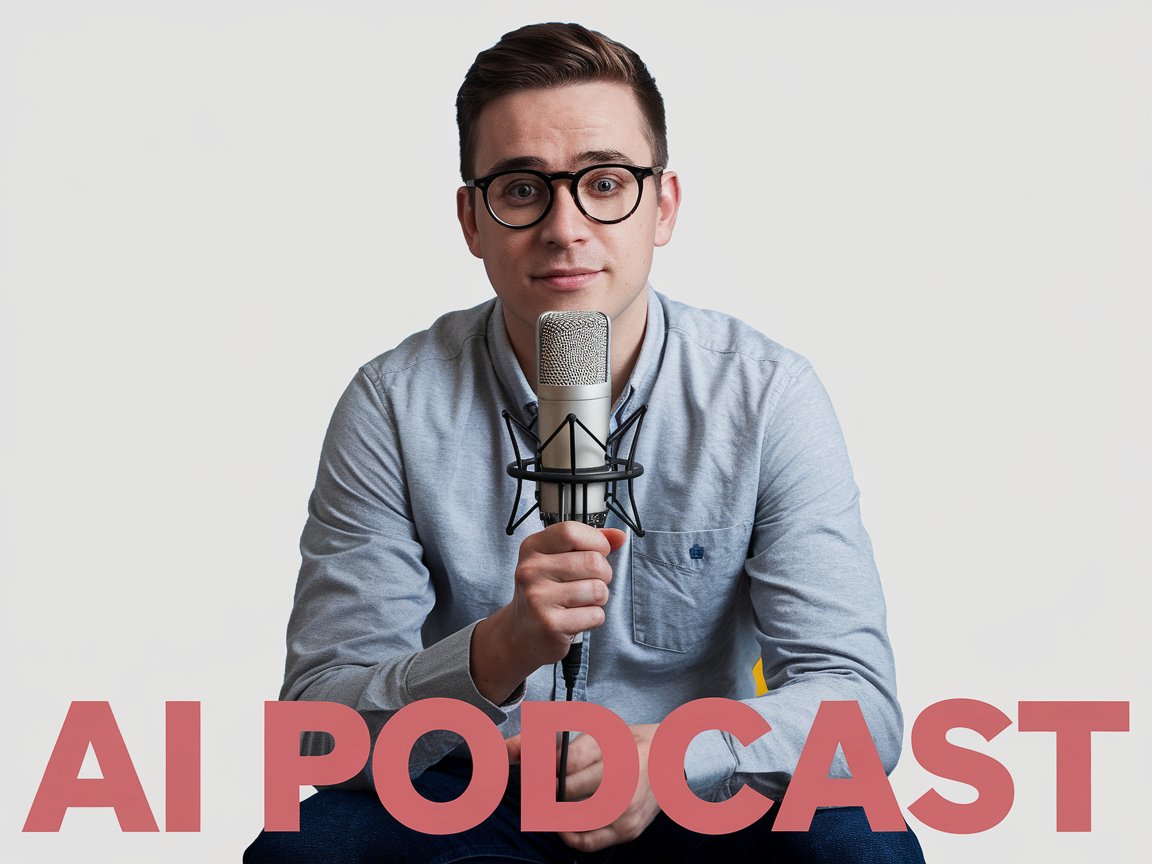
Ethical Voice Cloning: Navigating AIdeaFlow's Impact on Content Creation
As technology continues to advance, the realm of artificial intelligence is making significant strides, particularly in the field of voice synthesis and cloning. While the ability to generate human-like voices opens up exciting possibilities for content creators, it also raises critical ethical considerations that must be addressed. This blog post explores the ethical landscape of voice cloning, with a focus on AIdeaFlow—a pioneering platform that is reshaping how we create audio content with AI.
Understanding Voice Cloning
Voice cloning refers to the process of using artificial intelligence to create a synthetic voice that closely resembles a specific person's voice. This technology has gained traction due to its potential applications in various fields.
Key Characteristics of Voice Cloning
- Naturalness: Modern voice cloning technologies can produce voices that sound remarkably human-like.
- Customization: Users can create unique voice profiles tailored to specific needs.
- Scalability: Voice cloning can generate large amounts of audio content quickly, making it ideal for businesses and creators.
The Rise of AIdeaFlow
AIdeaFlow is an innovative platform designed to harness the power of AI for podcasting and audio content creation. It leverages voice cloning technology to enhance user experience and streamline the content production process.
Features of AIdeaFlow
- AI-Powered Voice Generation: Create high-quality audio content with lifelike voice avatars.
- User-Friendly Interface: Designed for content creators of all skill levels, making audio production accessible.
- Diverse Voice Options: A wide range of voice styles and accents to suit different audiences and themes.
Ethical Considerations in Voice Cloning
As voice cloning technology evolves, several ethical issues arise that content creators must navigate to ensure responsible use.
Consent and Ownership
- Informed Consent: Voice cloning should only be performed with the explicit consent of the person whose voice is being cloned.
- Ownership Rights: Clarifying who owns the rights to the cloned voice is crucial for ethical usage.
Misrepresentation and Deception
- Authenticity: The use of cloned voices can blur the lines between genuine content and fabricated audio, leading to potential misrepresentation.
- Trust Erosion: Audiences may lose trust in content creators if they are unsure whether a voice is real or synthetic.
The Role of Regulation
With the rapid advancement of voice cloning technology, regulatory frameworks are essential to ensure ethical practices.
Potential Regulatory Approaches
- Legislation: Governments may introduce laws that govern the use of voice cloning, focusing on consent and transparency.
- Industry Standards: Organizations can establish best practices and ethical guidelines for content creators using voice cloning.
The Impact on Content Creation
Voice cloning has transformed content creation, offering new opportunities while also presenting challenges.
Advantages of Voice Cloning
- Efficiency: Voice cloning allows creators to produce content faster without sacrificing quality.
- Personalization: Tailored audio experiences can enhance audience engagement and retention.
Challenges Faced by Creators
- Quality Control: Maintaining high standards of quality in cloned voices can be challenging.
- Ethical Dilemmas: Creators must constantly navigate the ethical implications of their content.
Best Practices for Ethical Voice Cloning
To harness the benefits of voice cloning while upholding ethical standards, content creators should consider the following practices.
Ensuring Consent
- Explicit Permissions: Always obtain clear and documented consent from individuals before cloning their voices.
- Transparency: Inform audiences when a cloned voice is used in content to maintain trust.
Promoting Authenticity
- Disclosure: Clearly indicate when synthetic voices are being used, ensuring audiences are aware.
- Quality Checks: Regularly review and refine voice models to ensure they sound authentic and appropriate for the content.
Case Studies: Ethical Dilemmas in Voice Cloning
Several real-world examples illustrate the ethical dilemmas surrounding voice cloning technology.
Case Study 1: Celebrity Voice Cloning
- Situation: A company used a celebrity's voice without their consent for an advertising campaign.
- Outcome: The celebrity sued for copyright infringement, highlighting the importance of consent.
Case Study 2: Misinformation Campaigns
- Situation: Malicious actors used voice cloning technology to impersonate public figures, spreading false information.
- Outcome: This incident led to discussions about the need for regulatory measures to combat misuse.
The Future of Voice Cloning
As technology continues to evolve, the ethical considerations surrounding voice cloning will also adapt.
Emerging Trends
- Advancements in AI: Continued improvements in voice synthesis technology will enhance realism and customization.
- Increased Regulation: As awareness of ethical issues grows, we can expect more comprehensive regulations governing voice cloning.
Conclusion
The rise of voice cloning technology presents exciting opportunities for content creators, particularly through platforms like AIdeaFlow. However, with these opportunities come significant ethical responsibilities. By navigating the complexities of consent, ownership, and authenticity, creators can leverage voice cloning to enhance their content while fostering trust and transparency with their audiences. As we move forward, it will be essential to prioritize ethical considerations in this rapidly evolving field, ensuring that advancements in technology serve the greater good.